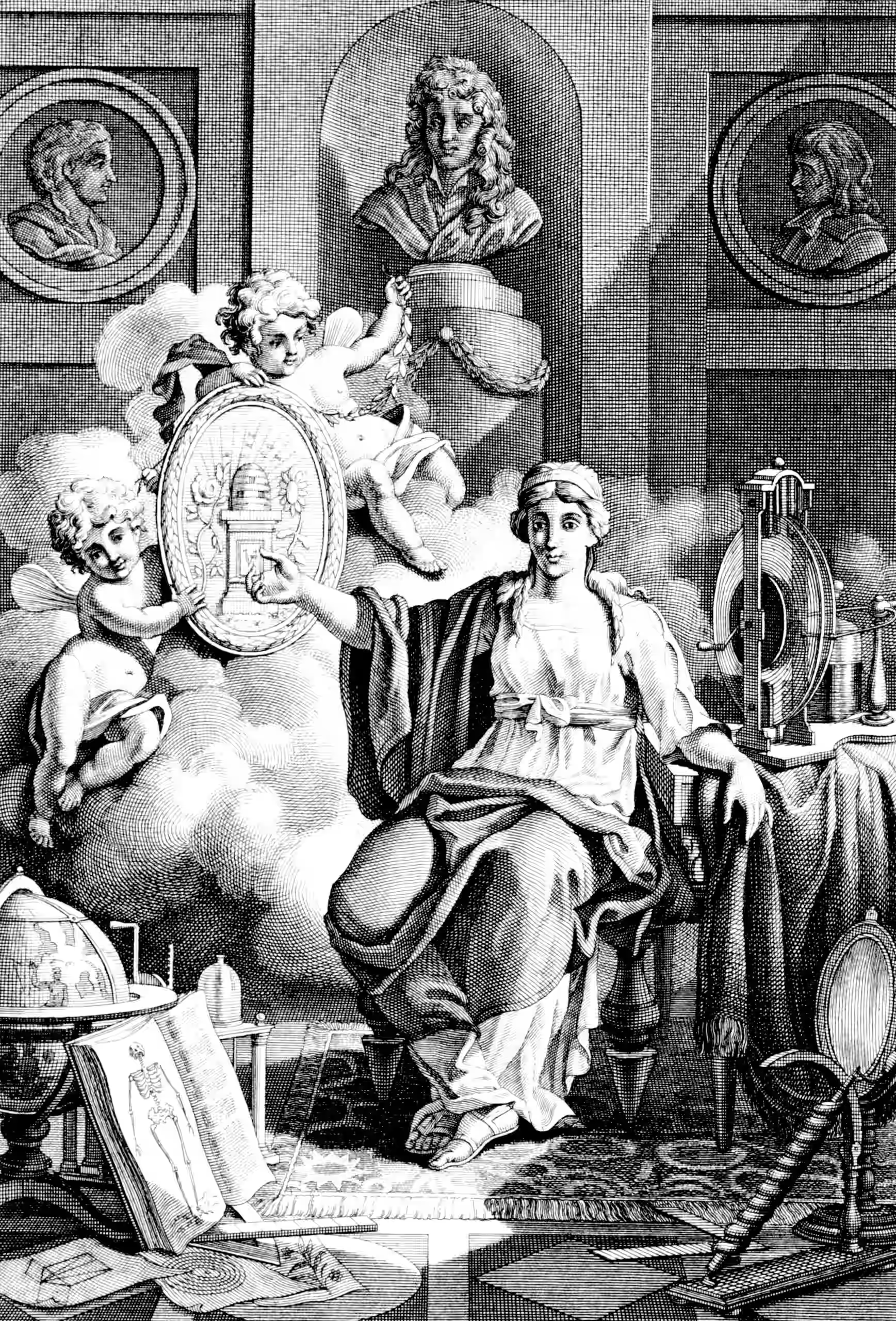Singular Learning Theory
October 29, 2024 — October 29, 2024
dynamical systems
machine learning
neural nets
physics
pseudorandomness
sciml
statistics
statmech
stochastic processes
Suspiciously similar content
Placeholder.
Jesse Hoogland, Neural networks generalize because of this one weird trick:
Statistical learning theory is lying to you: “overparametrized” models actually aren’t overparametrized, and generalization is not just a question of broad basins.
1 Local Learning Coefficient
Recommended to me by Rohan Hitchcock:
- You’re Measuring Model Complexity Wrong explains Lau et al. (2024)’s_ local learning coefficient_.
- The RLCT Measures the Effective Dimension of Neural Networks
2 Incoming
Alexander Gietelink Oldenziel, Singular Learning Theory
metauni’s Singular Learning Theory seminar
-
Timaeus is an AI safety research organization working on applications of singular learning theory (SLT) to alignment.
3 References
Carroll. 2021. “Phase Transitions in Neural Networks.”
Farrugia-Roberts, Murfet, and Geard. 2022. “Structural Degeneracy in Neural Networks.”
Lau, Furman, Wang, et al. 2024. “The Local Learning Coefficient: A Singularity-Aware Complexity Measure.”
Wang, Hoogland, Wingerden, et al. 2024. “Differentiation and Specialization of Attention Heads via the Refined Local Learning Coefficient.”
Watanabe. 2009. Algebraic Geometry and Statistical Learning Theory. Cambridge Monographs on Applied and Computational Mathematics.
———. 2020. Mathematical theory of Bayesian statistics.
Wei, and Lau. 2023. “Variational Bayesian Neural Networks via Resolution of Singularities.” Journal of Computational and Graphical Statistics.
Wei, Murfet, Gong, et al. 2023. “Deep Learning Is Singular, and That’s Good.” IEEE Transactions on Neural Networks and Learning Systems.
